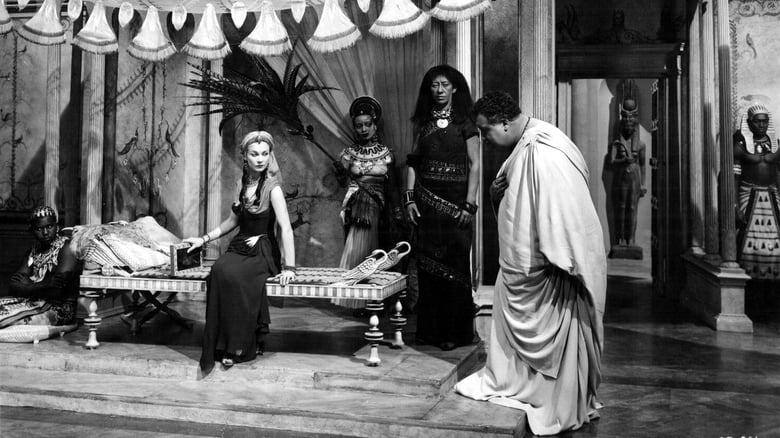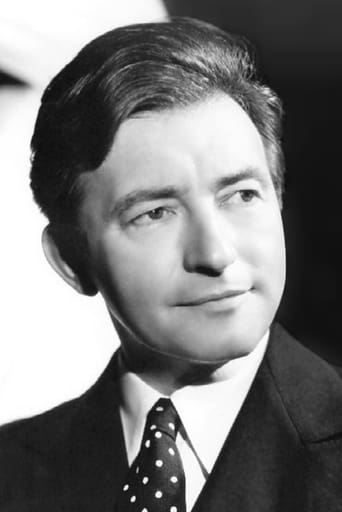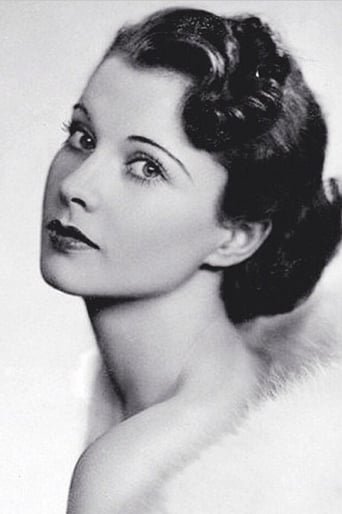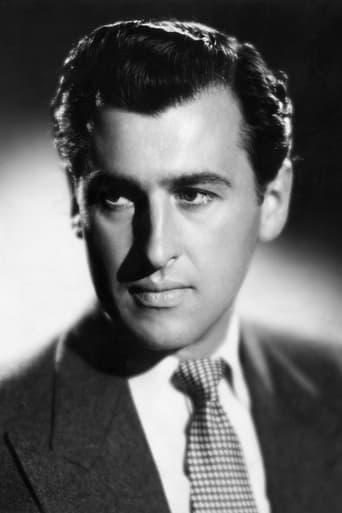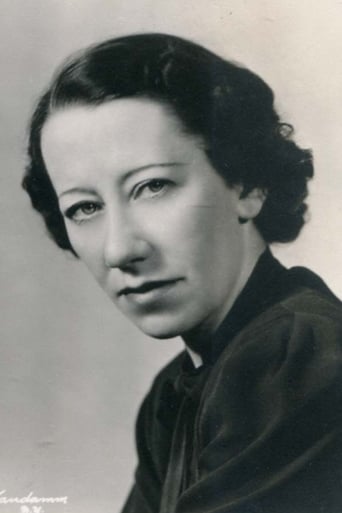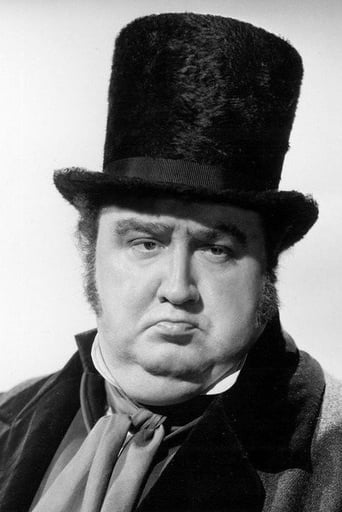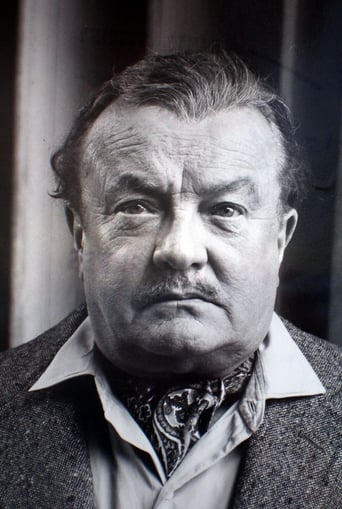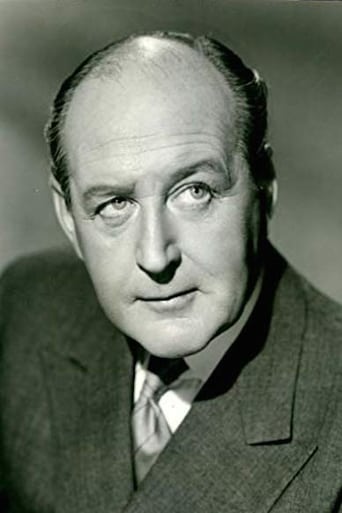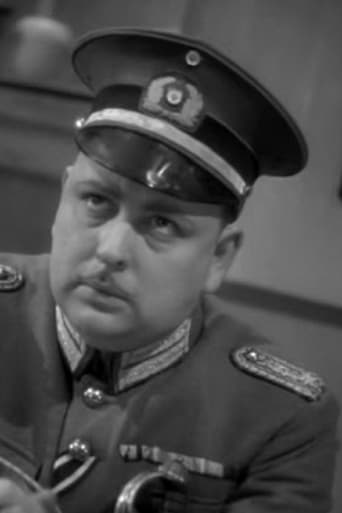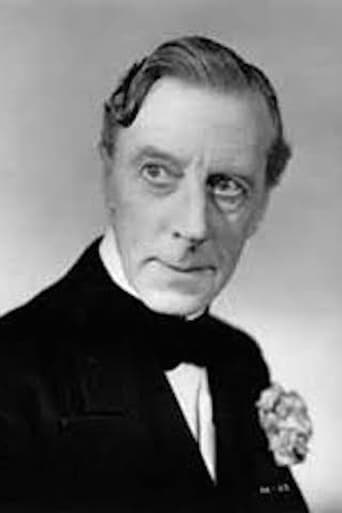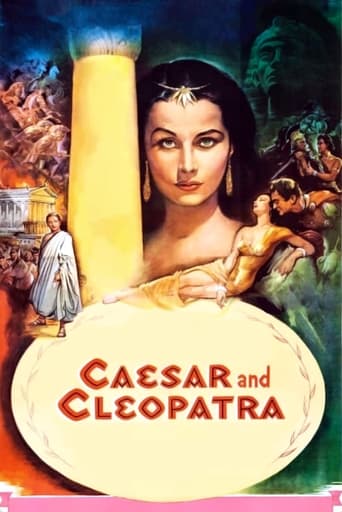
Caesar and Cleopatra
September. 06,1946 NRThe aging Caesar finds himself intrigued by the young Egyptian queen. Adapted by George Bernard Shaw from his own play.
Similar titles

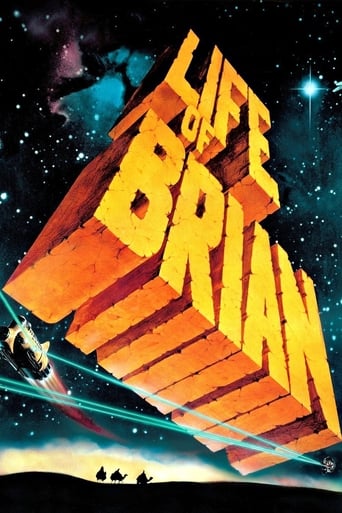
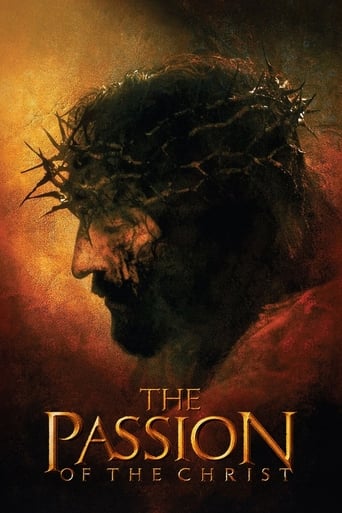


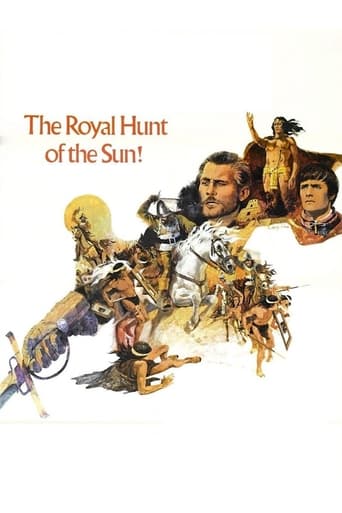




Reviews
The Worst Film Ever
Such a frustrating disappointment
Pretty Good
Tells a fascinating and unsettling true story, and does so well, without pretending to have all the answers.
When this film was recently shown on British television I recorded it on the rather naïve assumption that it would be a grand epic of Classical antiquity, something along the lines of the famously expensive Elizabeth Taylor "Cleopatra", still often cited as the costliest film ever made when values are adjusted for inflation. Of course, "Caesar and Cleopatra" is nothing of the sort; the British cinema never really had the budget to copy Hollywood in this respect although some European film-makers, especially in Italy, certainly tried to.The film was certainly expensive by the standards of 1945; indeed, it was reported to be the most expensive film ever made in Britain at that date, costing well over a million pounds. It is not, however, a Hollywood-style epic but a cinematic adaptation of the play by George Bernard Shaw. While in the Egyptian capital city of Alexandria, Julius Caesar becomes involved in a power-struggle between Queen Cleopatra and the backers of her younger brother (and husband) Ptolemy. In real life Caesar and Cleopatra were lovers, but here their relationship is portrayed not as a romantic or a sexual one. The middle-aged Caesar is shown more as a father-figure to the youthful Cleopatra, a mentor who tutors her in the arts of politics and government. (And, given the intrigue-ridden nature of the Egyptian court, these are certainly areas where she could do with a little tuition).Towards the end of his long life- this film was made five years before his death- Shaw was a revered figure of English literature, regarded as the nearest thing the twentieth century had produced to a Shakespeare. In more recent years this reputation has faded somewhat, partly because his plays are not always very dramatic. He can be stronger on philosophy and political theory than on action or dramatic tension, and even though his contributions to political and philosophical debates are often expressed in witty and vivid dialogue, the reader (and to an even greater extent the theatre-goer) is sometimes left with the impression that Shaw's linguistic gifts might have been better employed in penning political tracts than in writing for the stage.Nevertheless, some of Shaw's plays have been turned into very good films, notably the 1938 "Pygmalion" with Leslie Howard and Wendy Hiller, or the 1941 "Major Barbara", also with Hiller and Robert Morley. (One could also include "My Fair Lady" in this list, but that is really second-hand Shaw, a musical based upon "Pygmalion" which owes much of its success to its songs). There have, unfortunately, also been a number of failures, such as "The Millionairess", which relied too heavily on Sophia Loren's glamour and the comic talents of Peter Sellers (which were not too much in evidence) and, although supposedly a comedy, ended up about as funny as a two-hour speech at a TUC conference."Caesar and Cleopatra" must also rank among the less successful Shaw adaptations. A lot of its million-pound-plus budget seems to have been spent on its lavish sets- economic and political considerations in 1945 precluded location shooting in Egypt itself- but from a modern perspective they seem like part of the problem, giving the whole production a very artificial, stagey look. It is said that the director Gabriel Pascal ordered sand from Egypt to get the colour right, but when everything else looks so artificial a gesture like that seems like an unnecessary luxury. The stagey impression is strengthened by the dialogue, both in the unnatural way it is spoken and, at times, in the way it is written. (Shaw could sometimes succumb to the delusion that if he was the twentieth-century Shakespeare it was incumbent on him to write in the style of his august predecessor, particularly when dealing with historical subjects).The best acting performance comes from Claude Rains as Caesar. (I normally think of Rains as a supporting actor in roles like his French police chief in "Casablanca", so it was nice to see him in a leading role for once). This is not the Caesar of history, who was doubtless a lot more ruthless than he is portrayed here, but it is Caesar as Shaw wrote him, an essentially decent man whose undoubted sense of Realpolitik is tempered by his instincts towards humanity and clemency.Vivien Leigh, however, is well below her best here. She may have been one of Britain's leading actresses of the period, but seems quite wrong for the part. She was 32 at the time, and never seems convincing as Cleopatra, whom Shaw envisaged as a kittenish teenager. A thirty-something Cleopatra would not, I am sure, have required any lessons from Caesar in statecraft.Of the supporting cast, the best is Francis L. Sullivan as Ptolemy's wily and ambitious tutor Pothinus. The young Stewart Granger seems to have wandered in from another film, possibly one of the swashbuckling historical adventures which were later to become his stock-in-trade. Flora Robson has a thankless task as Cleopatra's nurse Ftatateeta, a character seemingly invented for the sole purpose of raising a laugh every time one of the other characters mispronounces her absurd name. Cecil Parker specialised in playing upper-middle-class English gentlemen and here he plays Caesar's slave Britannus as an upper-middle-class English gentleman transported back in time to Ancient Egypt, something which is never remotely convincing.The film was described at the time as a "box office stinker"; evidently British audiences in the last year of the Second World War wanted something a bit more entertaining and uplifting than this wordy, overlong disquisition on the nature of political power. Some films which were "stinkers" when they first came out have gone on to become classics, but "Caesar and Cleopatra" seems to have gone in the opposite direction; today it is a little-known, rarely-seen curiosity. 5/10
I have watched this film several times and finally appreciated the witty dialog. Shaw sets a precedent for more modern phrases and lights up the B&W screen with audacity and welcome intrigue.Stunning vixen Vivien resorts many times to her impish Scarlett character and found this most annoying but loved the interplay with Claude. He made Caesar playful, powerful, and poignant. How could they have murdered him? History is told much more affectionately in this version and it is a treat. Many are offended by the inaccuracies, but if you know the difference the offense is lessened.I think the horrendous burning of the Alexandria Library allowed by Caesar was the most difficult to comprehend given his appreciation of learning, literature, and history. This just did not make sense and wondered how Shaw got this all wrong, unless there is some factual aspect I am unaware.Robson was unforgettable as the Chief Medical slave and remembered her in "Withering Heights" and "Fire Over England", such versatility! Stewart Granger provided much needed eye candy and over the top dramatics. His costumes were much briefer than other soldiers but guess if you have great legs, shorten the skirt!Recommend for Claude and Vivien fans, Shaw's clever dialog and high jumps into the ocean.
I am not sure if I can say anything more about this film than I have already said in the book review of the play (though because I cannot do hyperlinks here it makes it a little difficult to link the review up, but in any case here it is: https://www.goodreads.com/review/show/1008928652). Anyway, despite not wanting to repeat myself, I probably should go over the themes one again for those who don't want to jump over to Goodreads to read my review, but first of all the movie.I was quite surprised to discover that this play of Shaw's was also turned into a Hollywood movie, which means that there are (I believe) four of his plays that have made it to film (and that is not counting any BBC production that may have been created because apparently back in the fifties and the sixties the BBC would cycle through a number of plays and then destroy the film afterwards). The adaptation itself was pretty good, and it seemed to stick quite close to the play (something that did not happen with the Devil's Disciple). I also though that Stewart Granger played a very good Caesar, doing great justice for the character created by Shaw, and the historical figure himself.The play itself is a political satire set in the period just before Caesar's assassination where he travels to Egypt to locate Pompey. As it turns out Pompey had been murdered prior to his arrival, something that Caesar is not to happy about. However the entire expedition was designed to make Egypt another protectorate of Rome (much in the same way that Judea was a protectorate). However the major theme of the film focuses on the interplay between Caesar and Cleopatra, the ruler of the new empire and the ruler of the old; the elder statesman and the child queen; the benevolent princeps and the traditional monarch.As I was watching this film the idea kept on going through my mind that this seems to be reflective, and somewhat critical of, Britain's colonial ambitions. To me the movie itself was analogous to Britain and India, or moreso Britain and China. Here we have Britain, like Rome, as the new empire built on a different model of government, while we have Egypt being analogous to China and India, an ancient empire that had persisted with the same model for centuries which resulted in the system becoming stagnant and rigid, unable to change and unable to challenge the might of the new power. However we must remember that the British leaders were not the wise and noble leaders that Shaw created in Caesar (and Shaw himself is very critical of many of their ways).What we see in this film is the leader of the old empire living the same way that they had done for centuries – marrying their brother, sleeping in luxury, eating extravagantly and doing no work for themselves. Opposing this we have the leader of the new empire who works, sleeps in a cot, lives rough, and eats frugally. While this was not necessarily the case with all Roman rulers, there was this idea that they were a nation of farmers and soldiers who lived frugally and eschewed luxury. The reason for this is a luxurious lifestyle makes one decadent, and when one because decadent one loses the ability to fight, to think, and to even do things for oneself.I was quite pleased to have found this movie because it has opened up another of Shaw's plays to me that would most likely have remained on paper simply because they do not tend to be performed all that much anymore. It seems that, at least here in Australia, all we ever see performed is Shakespeare (and maybe the occasional other playwright) and a bunch of by modern Australians (none of which I have ever bothered going to see, though I am sure some of them are pretty good).
Shaw's hardly a speck on the windshield of American cultural consciousness anymore. Too bad. "The Devil's Disciple," "Major Barbara," "Arms and the Man," "Candida," "You Never Can Tell." Witty, clever, insightful, intriguing... a century and more later.For those who haven't discovered him yet, this colorful, fast-paced rendition of "C&C" makes a nifty portal. The film -looks- like "Quo Vadis" or "Samson and Delilah" (of more or less the same vintage). It even looks like the Taylor-Burton-Harrison marathon done almost two decades later.But it doesn't -feel- like -any- of those. Shaw always had a great story to tell -- and a something worthwhile to -say- -- and he (or his characters) almost invariably told and said it well. One could hardly call the 1934 or 1963 films "insightful romps." This, however...I've been a sucker for Vivien Leigh since I watched her whip the boys into shape in "GWTW," but as interesting as she was there, she's miles beyond Scarlet O'Hara here. Shaw gave -his- Cleo a far more complex character than Young or Mankiewicz gave their Cleo's; this alabaster Leigh is both adolescent and guileful. But to Rains's conflicted but self-suspect Caesar, she's about as transparent as that look-alike, late-night, hottie-cum-biblical-scholar who inherited Gene Scott's TV ministry.The relationships here are no different from those in the Mankiewicz mess, but they move along in far more sophisticated -- and entertaining -- fashion here. We already know the resolution, it's the unfolding of the drama that matters. Rains ("Casablanca," "The Invisible Man") and Leigh bring the wise, amused, self-effacing old man and the desperate, manipulative, narcissistic young woman in Shaw's play far more credibly to life than was the case in the DeMille or Manciewicz films. And supporters like Robson, Granger and the rest add plenty. But as in any Shaw play, it's the playwright's sophisticated revelations that matter.The "big success" narcissist who thinks a "trophy wife" is a good idea might learn plenty from a trip to Blockbuster and a two-dollar investment.
Top Streaming Movies











